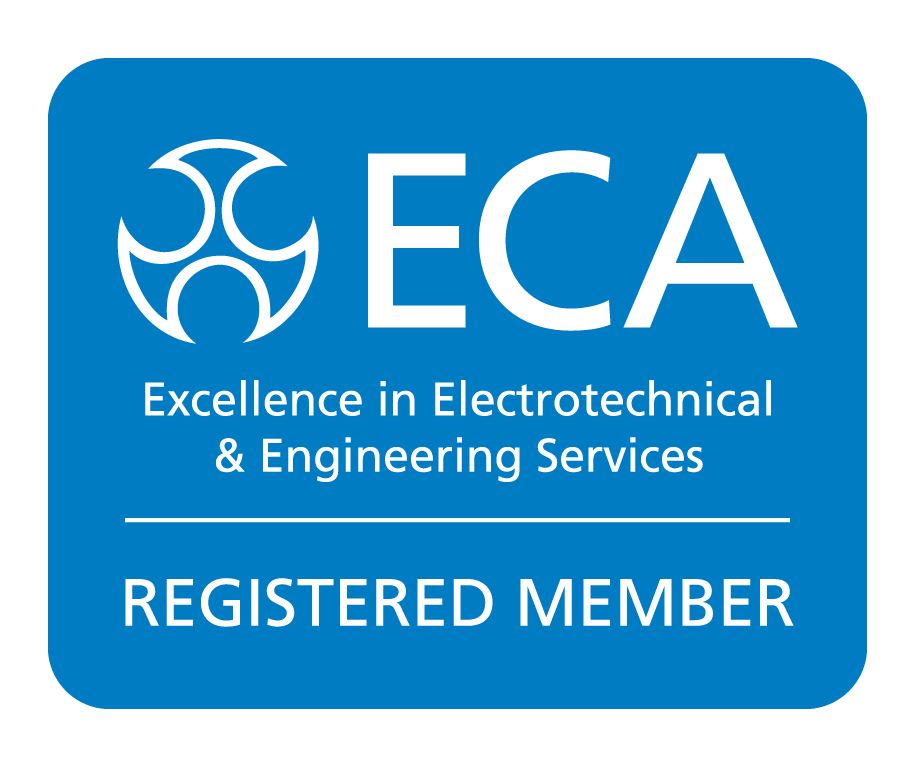EICR Changes 2025: What Landlords Need to Know
Stay Up To Date About Significant Changes To The EICR
For landlords in Cheltenham, Gloucester & the surrounding Cotswolds, staying on top of property regulations is crucial for protecting both your investment and your tenants. This November, significant changes to the Electrical Installation Condition Report (EICR) rules are coming into effect. Understanding these updates is essential for ensuring you remain compliant and avoid substantial financial penalties.
This guide will walk you through what an EICR is, detail the upcoming changes, and explain how ER Electrical can help you navigate your responsibilities with ease.
What is an EICR?
An Electrical Installation Condition Report, or EICR, is a formal document produced after a comprehensive assessment of a property's electrical systems. It's often referred to as a landlord electrical safety certificate. The purpose of this inspection is to ensure all fixed electrical installations are in a safe and serviceable condition.
A qualified electrician carries out the inspection, checking elements like wiring, fuse boards (consumer units), sockets, and light fittings. The report highlights any defects, potential hazards, or areas that don't meet current safety standards. These observations are categorised using specific codes:
- C1 (Danger Present): Risk of injury. Immediate remedial action is required.
- C2 (Potentially Dangerous): Urgent remedial action is required.
- C3 (Improvement Recommended): A non-compliance that doesn't pose an immediate danger.
- FI (Further Investigation): Required without delay.
For landlords in the private rented sector, a satisfactory EICR is a legal requirement and
must be renewed at least every five years, or upon a change of tenancy if specified.
Key EICR Changes from 1st November 2025
The government is introducing amendments to the electrical safety rules to enhance tenant safety and clarify landlord obligations. These new regulations will apply to all private rented sector landlords from 1st November 2025. Here’s what’s changing.
1. Increased Fines for Non-Compliance
One of the most significant updates is the increase in financial penalties. The maximum civil penalty for a breach of the EICR regulations will rise from £30,000 to £40,000. This substantial increase underscores the importance of landlord electrical compliance. Failing to provide a valid EICR or not completing necessary remedial work can now lead to a much heavier financial blow, making proactive compliance more critical than ever.
2. A New Legal Defence for Landlords
Gaining access to a tenanted property can sometimes be challenging. The new regulations introduce a legal defence for landlords if a tenant refuses access for an electrical inspection. Previously, the position was less clear, sometimes leaving landlords in a difficult situation.
From November, a landlord will have a defence against prosecution if they can demonstrate they have taken all reasonable steps to arrange access for the inspection. The legislation clarifies that landlords will not be required to start legal proceedings against a tenant to secure entry to establish this defence. Documenting all communication attempts, such as emails, letters, and text messages, will be vital evidence.
3. New Duty on Local Councils
The changes also place a new responsibility on local authorities. Councils will now have a duty to serve a remedial notice on a landlord if their property receives an unsatisfactory EICR (containing C1, C2, or FI codes).
This means the council will legally compel the landlord to carry out the necessary repairs within a specified timeframe, usually 28 days. This formalises the enforcement process and ensures that unsafe electrical systems are addressed promptly, reinforcing the safety net for tenants across Cheltenham and the Cotswolds.
How to Prepare for the EICR Changes
With these new rules on the horizon, now is the time to act. Here’s how you can ensure you are fully prepared and compliant.
- Check Your Current EICR: Find your latest EICR and check the date of the next recommended inspection. If it’s due soon or has already expired, you must arrange a new one immediately.
- Schedule Remedial Work: If your last report flagged any C1 or C2 issues that haven't been fixed, book a qualified electrician to complete the work. You must have proof that these repairs have been carried out.
- Communicate with Tenants: If an inspection is due, give your tenants plenty of notice in writing. Explain what the inspection is for and coordinate a suitable time. Keep a record of all your communications.
Your Trusted Partner for Electrical Safety in the Cotswolds
Navigating regulatory changes can be complex, but you don’t have to do it alone. At E.R Electrical, we take the stress out of compliance by managing the entire process for you:
- Appointment Scheduling: We arrange all appointments promptly, taking care of every detail from your initial enquiry right through to the completion of your EICR.
- Seamless Communication: Our team coordinates directly with landlords, tenants, and letting agents, ensuring everyone is always kept in the loop—so there are no surprises or missed updates.
- Rapid Quote Turnaround: If remedial work is required, we guarantee to issue you a detailed quote within 48 hours (Monday to Friday), so any issues can be resolved quickly and efficiently.
Let us handle the paperwork and the process, making electrical compliance straightforward and hassle-free.
Don’t risk the safety of your tenants or face the new £40,000 fine. Ensure your property meets all legal standards with a trusted local expert.
Contact E.R Electrical today to book your EICR or to discuss your landlord electrical compliance requirements.









